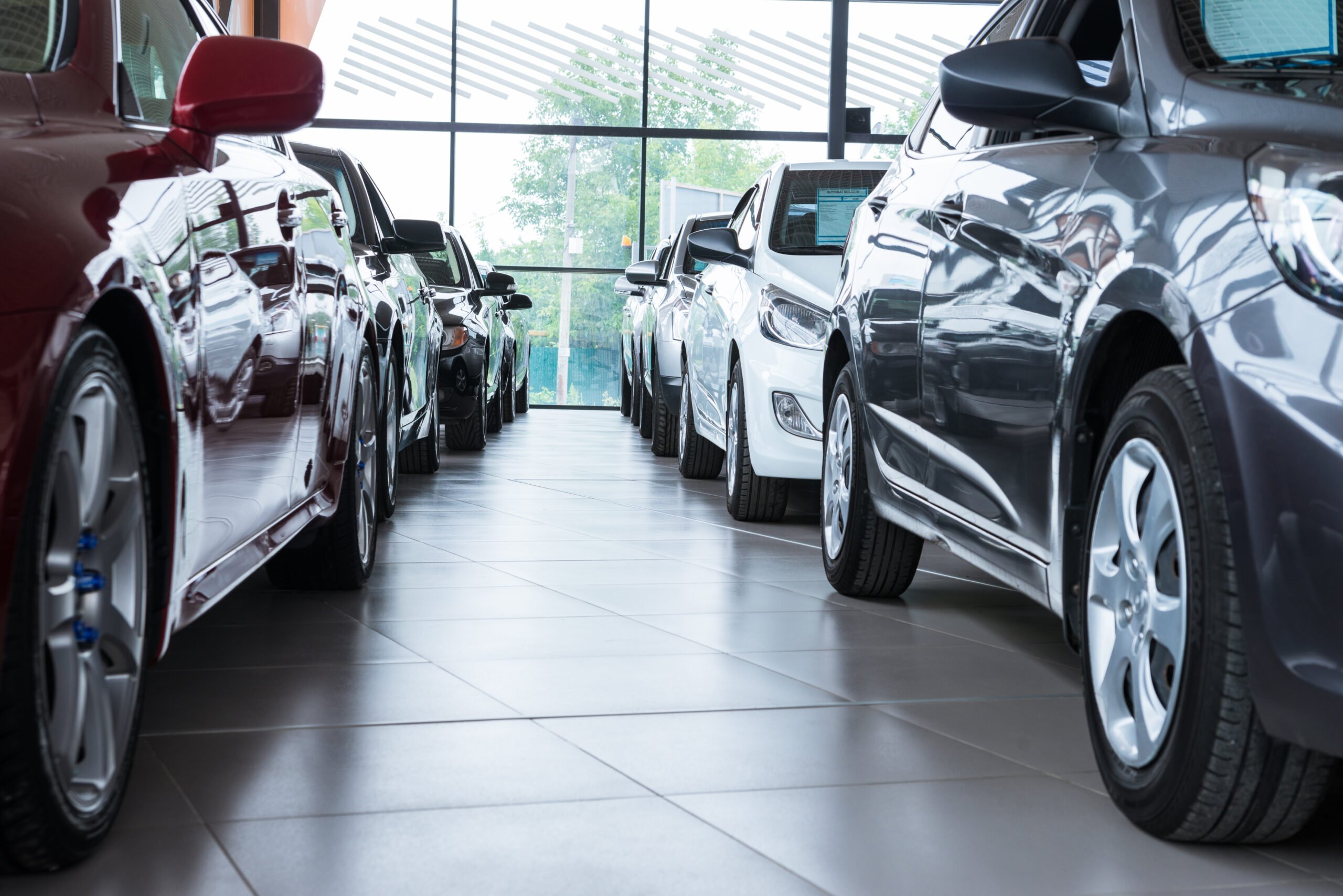EV registrations rise again, but Society of Motor Manufacturers and Traders (SMMT) figures show that growth has slowed and blames a lack of Government support for their sluggish progress.
Whilst the entire new car market stalled in July with registrations falling 5 per cent, registrations EVs managed a 9.1 per cent rise. Yet this is a disappointing result for EVs in comparison with the 34.6 per cent increase recorded for the first half of 2025 and compared to plug-in hybrid electric vehicles (PHEVs) that rose 33 per cent.
July was the second weakest month of full EV growth this year, after April’s tax changes distorted the market in that month.
Overall, the EV market share reached 21.3 per cent, up from 18.5 per cent in the same month last year but remains short of the 28 per cent required by the ZEV Mandate.
SMMT welcomed the newly announced Electric Car Grant (ECG) but criticised its lack of clarity, with actual models eligible to still be confirmed, causing some buyers to hold off pending confirmation of which vehicles will qualify for a discount of up to £3,750.
Likewise, a lack of governmental purchase and charging incentives, combined with fiscal disincentives such as the newly applied VED Expensive Car Supplement (ECS), which is estimated to impose an effective fine of more than £360m on EVs bought from April in this year alone, are acting as a brake on demand. Industry bosses have reaffirmed this, citing fiscal incentives for private EV sales as the biggest single action needed to boost EV demand, economic growth and the UK’s automotive manufacturing base, a key objective of Government’s new Industrial Strategy.
Mike Hawes, SMMT chief executive commented: “July’s dip shows yet again the new car market’s sensitivity to external factors, and the pressing need for consumer certainty. Confirming which models qualify for the new EV grant, alongside compelling manufacturer discounts on a huge choice of exciting new vehicles, should send a strong signal to buyers that now is the time to switch. That would mean increased demand for the rest of this year and into next, which is good news for the industry, car buyers and our environmental ambitions.”
© 2019 Perspective Publishing Privacy & Cookies







Recent Stories